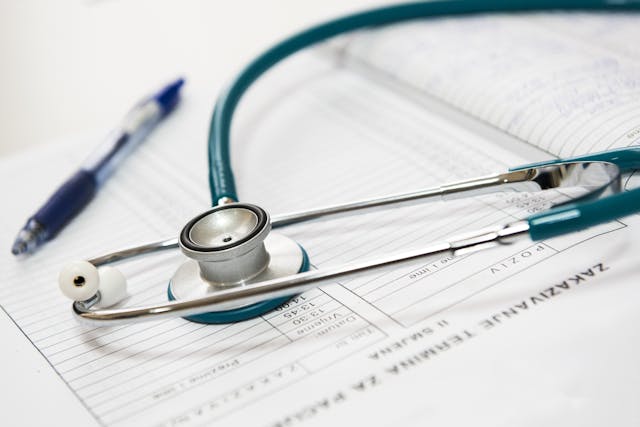By understanding common urological conditions, you can familiarize yourself with a wide range of disorders affecting the urinary tract and the male reproductive system. These conditions can impact various aspects of health and quality of life. Understanding the most common urological issues is crucial for recognizing symptoms early and seeking appropriate treatment. Here, we explore several prevalent urological conditions and their treatments.

Benign Prostatic Hyperplasia (BPH)
Benign Prostatic Hyperplasia, or BPH, is a common condition in men as they age. It involves the enlargement of the prostate gland, which can obstruct the flow of urine.
Symptoms
- Frequent urination, especially at night
- Difficulty starting and stopping urination
- Weak urine stream
- Incomplete bladder emptying
Treatment
Treatment options for BPH vary based on the severity of symptoms and may include:
- Medications: Alpha blockers and 5-alpha reductase inhibitors can help relax the prostate muscles or shrink the prostate.
- Minimally Invasive Procedures: Procedures like Transurethral Microwave Therapy (TUMT) and Transurethral Needle Ablation (TUNA) use heat to reduce prostate size.
- Surgery: Transurethral Resection of the Prostate (TURP) is a common surgical option for severe cases.
For more information, visit the Mayo Clinic.
Urinary Tract Infections (UTIs)
Urinary Tract Infections are infections that can occur in any part of the urinary system, including the kidneys, bladder, ureters, and urethra. UTIs are more common in women but can also affect men.
Symptoms
- Strong, persistent urge to urinate
- Burning sensation during urination
- Cloudy or strong-smelling urine
- Pelvic pain in women
- Rectal pain in men
Treatment
- Antibiotics: The primary treatment for UTIs is antibiotics. The type and duration of antibiotics depend on the severity of the infection.
- Home Remedies: Drinking plenty of water, urinating frequently, and avoiding irritating substances can help alleviate symptoms and prevent future infections.
For more information, visit Johns Hopkins Medicine.
Kidney Stones
Kidney stones are hard deposits of minerals and salts that form in the kidneys. They can cause significant pain and urinary issues as they pass through the urinary tract.
Symptoms
- Severe pain in the side and back, below the ribs
- Pain that radiates to the lower abdomen and groin
- Pain during urination
- Pink, red, or brown urine
- Nausea and vomiting
Treatment
- Medications: Pain relievers and medications to help pass the stones.
- Shock Wave Lithotripsy (SWL): A non-invasive procedure that uses shock waves to break stones into smaller pieces that can be passed through urine.
- Ureteroscopy: A thin scope is used to locate and remove the stones.
- Surgery: In severe cases, surgery may be necessary to remove large stones.
For more information, visit the National Kidney Foundation.
Prostate Cancer
Prostate cancer is one of the most common cancers in men. Early detection is crucial for successful treatment.
Symptoms
- Trouble urinating
- Decreased force in the stream of urine
- Blood in urine or semen
- Erectile dysfunction
- Pain in the hips, back, or chest
Treatment
- Active Surveillance: Monitoring the cancer closely without immediate treatment.
- Surgery: Removing the prostate gland (prostatectomy).
- Radiation Therapy: Using high-energy rays to target and kill cancer cells.
- Hormone Therapy: Reducing levels of male hormones that can promote cancer growth.
- Chemotherapy: Using drugs to kill cancer cells.
For more information, visit the American Cancer Society.
Understanding Common Urological Conditions: Conclusion
Understanding common urological conditions helps in recognizing symptoms early and seeking appropriate medical care. Dr. Yaniv Larish at Fifth Avenue Urology offers specialized care for these and other urological issues, providing comprehensive treatment options tailored to each patient’s needs.
FIFTH AVENUE UROLOGY
Dr. Yaniv Larish
4 East 76th Street
New York, NY 10021
Phone: 212-675-3186
Website: https://www.fifthavenueurology.com/
